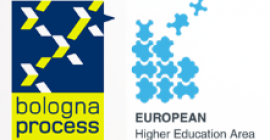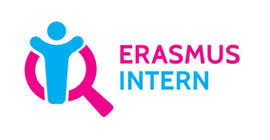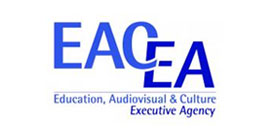News
Maria Sklodowska-Curie Fellowship Programme Launches

We are pleased to inform you that the 3rd IAEA Maria Sklodowska-Curie Fellowship Programme (MSCFP) application period is now open and will close on September 30, 2022. To read more about the programme and eligibility requirements please visit the link: IAEA Marie Sklodowska-Curie Fellowship Programme | IAEA and Information for applicants | IAEA. This year IAEA aims to select 150 students.
The IAEA Marie Sklodowska-Curie Fellowship Programme (MSCFP) was launched in 2020 by the IAEA Director General in an effort to increase the number of women in the nuclear field, supporting an inclusive workforce of men and women who contribute to and drive global scientific and technological innovation. The Programme aims to inspire and encourage young women to pursue a career in nuclear related fields, by providing highly motivated female students with scholarships for Master’s programmes and an opportunity to pursue an internship facilitated by the IAEA.
Scholarships are awarded annually, to 100+ female students, subject to the availability of funds. In the selection of students, consideration is given to geographic and field of study diversity, in addition to eligibility requirements and other criteria. The selected students are awarded up to €20,000 for tuition costs and up to €20,000 for living costs for their Master’s programme. Upon completion of their studies, students are also given an opportunity to pursue an internship for up to 12 months at the IAEA, its partner organizations as well as industry. Additionally, students are provided with opportunities to attend and participate in various educational, professional, and networking events. Since its launch in 2020, MSCFP has received 1042 applications, selecting 210 students from 93 Member States studying in 53 countries worldwide. The programme is envisaged to grow each year to ensure more women have an opportunity to pursue advanced education in nuclear-related fields.









